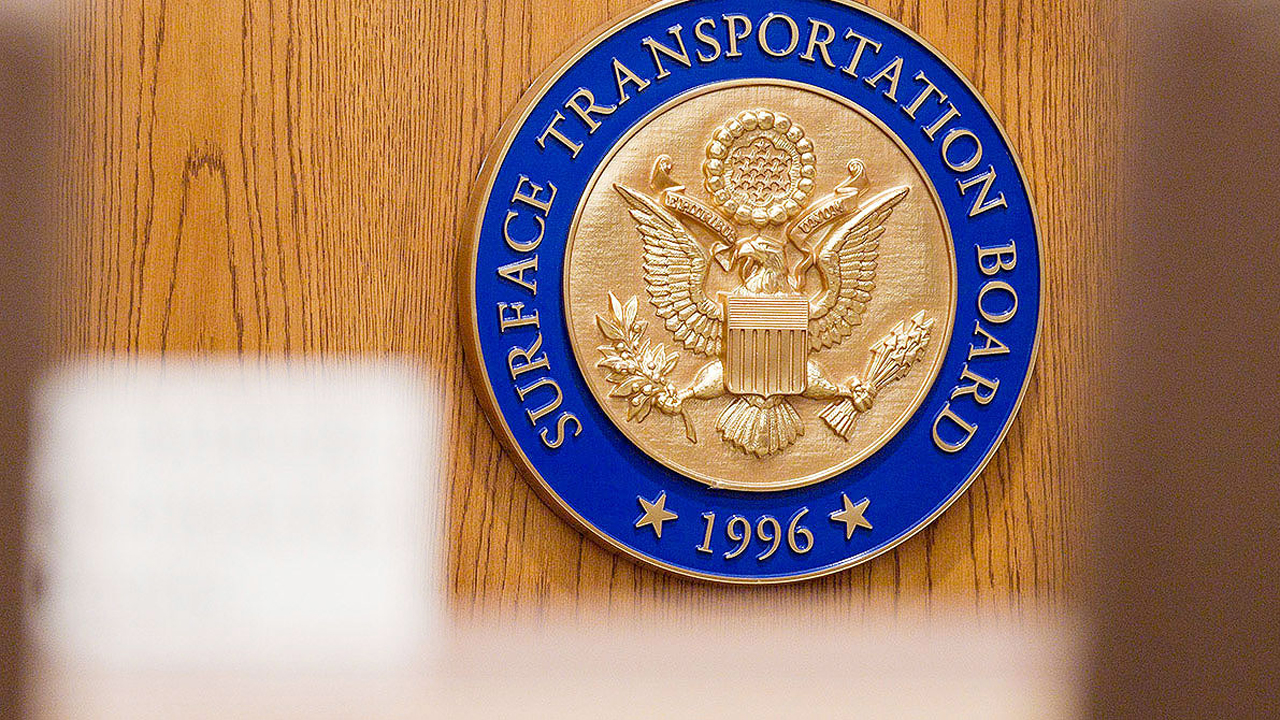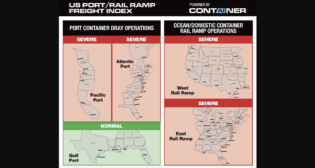
STB Clarifies Decision in Sanimax V. Union Pacific
Written by Marybeth Luczak, Executive Editor
The Surface Transportation Board (STB) on Feb. 24 clarified its previous decision regarding Sanimax USA LLC’s common carrier obligation and unreasonable practices complaint against Union Pacific (UP).
Here is the background: Montreal-based Sanimax operates a facility in South St. Paul, Minn., processing animal waste and purifying byproducts for animal feed, pet food, yellow grease, soap and industrial chemicals. On Nov. 6, 2020, the company filed a complaint against UP, “seeking a determination from the Board that UP’s reduction in service from five days per week to three days per week, coupled with service issues, constitutes a failure to provide adequate rail service in violation of 49 U.S.C. § 11101(a), a failure to provide adequate notice of a change in common carrier service terms as required by 49 U.S.C. § 11101(c), and an unreasonable practice in a matter related to transportation and service in violation of 49 U.S.C. § 10702(2),” according to the STB.
On Nov. 30, 2020, UP filed an answer and a motion to dismiss Sanimax’s complaint, stating “that the commodities at issue are exempt from Board regulation,” STB reported. At both parties’ request, the proceeding was stayed, but further negotiations were unsuccessful.
In its Nov. 2, 2021 decision (download below), STB explained that “it has broad authority to exempt persons, transactions and services from certain regulation when it finds the regulation unnecessary to carry out the rail transportation policy, the transaction or service is of limited scope, or the application of the provision is not needed to protect shippers from the abuse of market power. In this case, however, the Board noted that, given the issues raised in Sanimax’s allegations, including its alleged dependence on UP’s service, it is important that the Board partially revoke the commodity exemption so that the Board can examine Sanimax’s claims and UP’s responses in order to determine if regulatory relief is appropriate and warranted.”
Why is STB Clarifying its Decision Now?
On Nov. 23, 2021, UP filed a petition, stating “that it ‘seeks clarification on whether the exemption revocation applies to [UP]’s service provided to Sanimax before November 2, 2021, the date the decision was issued,’” STB reported. “Moreover, if the Board did intend the exemption revocation to apply to UP’s service prior to the November 2 Decision, then UP seeks reconsideration as a material error of law. … Specifically, UP argues that Sanimax cannot be awarded damages for events that occurred while the exemptions were in effect. … UP argues that clarification is necessary to provide guidance as to the appropriate scope of discovery and evidentiary filings.
“UP contends that Board regulation of UP’s service prior to the November 2 Decision would amount to retroactive regulation not authorized by 49 U.S.C. § 10502.”

In a Dec. 9, 2021 reply, Sanimax emphasized “that the primary relief it seeks is prospective (i.e., for the Board to order UP to provide service five days per week), but Sanimax renews its request for damages for violations prior to the partial revocation,” STB reported. “Sanimax concedes that retroactivity is disfavored but argues that it may pursue damages for UP’s conduct prior to the November 2 Decision under the principle that ‘a court is to apply the law in effect at the time it renders its decision, unless doing so would result in manifest injustice or there is statutory direction or legislative history to the contrary.’”
Nonetheless, Sanimax also asserted “that if the Board determines that it may order only prospective relief, the Board should confirm that such determination would not limit the scope of discovery, the record, or arguments in this matter.”
In the announcement of its Feb. 24, 2022 decision (download below), STB said that it “partially grants UP’s petition for clarification and finds that, pursuant to the partial revocation of the commodity exemptions granted previously, the Board will consider granting relief only from November 2, 2021—the date the partial revocation took effect—forward.”
STB also clarified “that the partial revocation does not limit the rights of the parties to conduct discovery and develop a full record regarding prospective liability and relief in this matter.”
What’s next?
Following the procedural schedule released last November, Sanimax’s opening statement is due March 2, 2022; UP’s opening statement is due April 1, 2022; and Sanimax’s rebuttal statement is due April 18, 2022.



